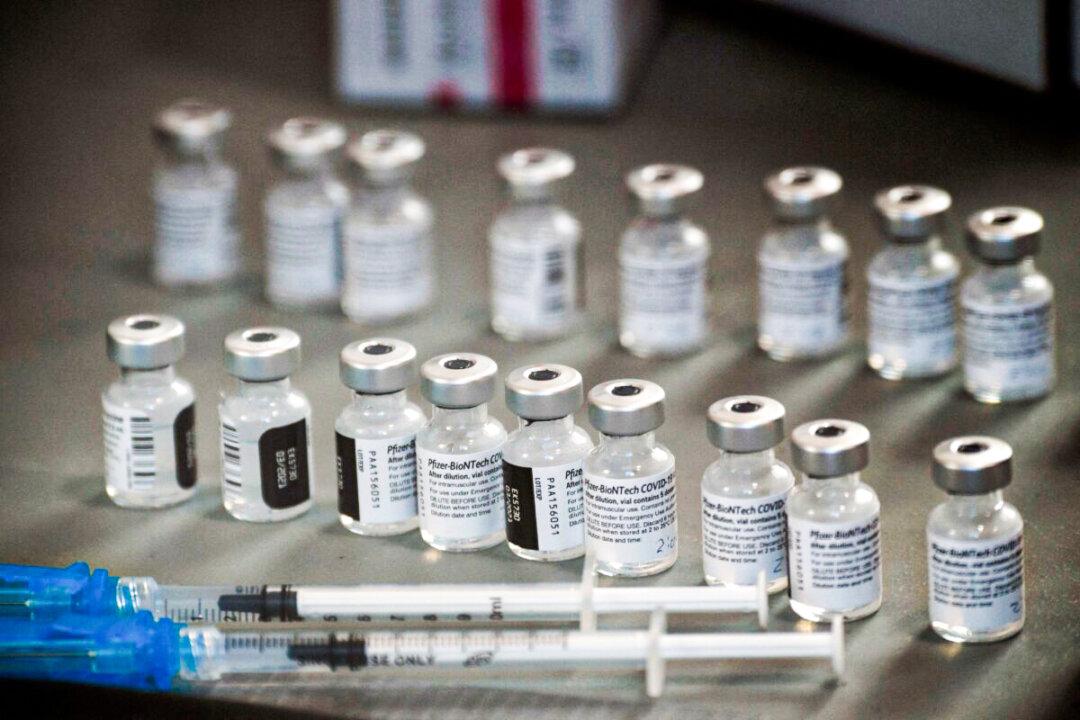A still-developing Canadian COVID-19 vaccine that is delivered by inhaled aerosol rather than an injection is set to enter Phase 2 of human clinical trials at the University of McMaster in Hamilton, Ontario.
Researchers at the university are receiving over $8 million in funding from the Canadian Institutes for Health Research (CIHR) to proceed with the new phase of trials, according to a university news release, which says the inhaled vaccine possesses “potential to induce robust mucosal immunity against strains of SARS-CoV-2, including Omicron and other variants of concern.”





